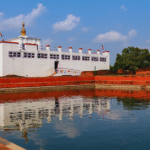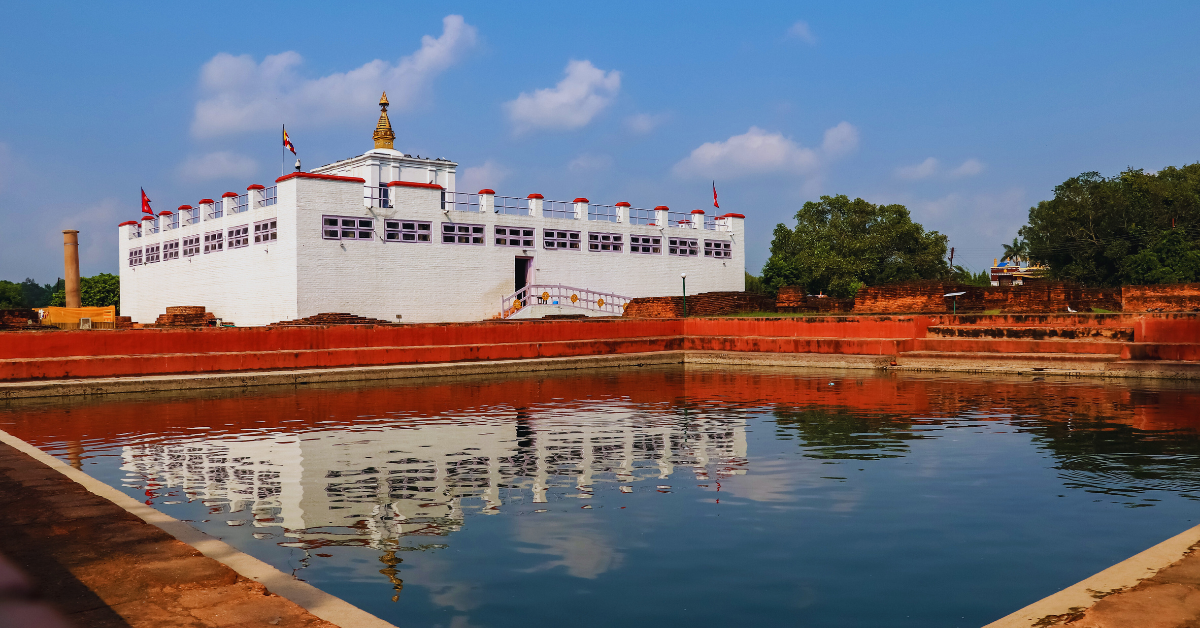All these are aimed at the safety of the population, adherence to the rules of the environment, maintenance of law and order, and the safety of civil property. Organizers of events face the threat of legal penalties, event cancellation, fines, as well as possible liability in case of accidents or damage, without appropriate permits and licenses.
This article explains the legal structure, the permits and licenses required commonly, how they are obtained, the legal requirements when holding the event, and the possible consequences of noncompliance with the requirements.
Legal Framework in Nepal
Several laws, regulations, and administrative authorities control the regulation of outdoor events in Nepal. The important legal authorities and statutes are:
The Nepal constitution is the one that guarantees the rights of people, including freedom of assembly, but gives the state reasonable limitations to ensure community order, decency, and security.
Local legislation and bylaws (municipal or metropolitan) govern the use of the public space, building and structure safety, noise, entertainment, and business operations licenses.
National standards regarding fire safety, building and structural safety, environmental protection, and disaster risk management. As an example, the fire codes of the National Building Code and other laws of fire prevention.
Legislation on communal peace and gatherings, such as the prohibition of assembly in sensitive places and the regulations of peaceful meetings.
Permits, Licenses & Legal Requirements
In the case of an outdoor event, it requires the organizers to seek various authorizations and ensure that they adhere to several laws. The common licenses and approvals needed, along with their coverage, are listed below.
Public Gathering / Assembly Permit
- Approval of competent authorities (usually District Administration Office, local police, or municipality) for public gatherings, procession, parade, etc.
- Has information such as organizer name, venue or route, time, estimated persons attending, event, security plan, etc.
Building / Structural Permit
- Permission for any temporary or permanent structure: stages, tents, platforms, and seat arrangements.
- Should meet building codes, structural soundness standards, earthquake resistance, where applicable, neighboring rights to land, and so on.
Fire safety certificate/compliance
- The norms of fire prevention must be used: fire exits, firefighting equipment, safe electrical wiring, and escape routes.
- According to the fire safety law, all places with many people should have fire risk assessment and firefighting strategies.
Local Municipal Licenses / Use of Public Space.
- The parks, roadways, city squares, and streets, or any other public property, must be used with municipal permission.
- In case it has a fee or local law on timing, noise, traffic disturbance, sanitation, etc., the terms are determined by the municipality.
Noise / Sound Permits
- Local ordinances regarding the permissible level of noise and decibel range.
- Time limitations (such as the lateness of music allowed to play).
Health and Sanitation Permits
- In case of food or drink served, food safety inspection and licensing are required by the local health department.
- Toilets, garbage disposal, drinking water, and first aid.
Security / Police Clearance
- The control of the crowd, control of traffic, no threat to the public order.
- Perhaps, liaison with the traffic police or other law enforcement bodies in the community in case of emergencies.
Environmental / Conservation Permissions.
- Where such an event is close to or within a heritage or other conservation area, forested area, or conservation area, further authorisation is required by a heritage or wildlife/conservation agency.
- Environmental protection: waste disposal, protection of plants/animals, soil erosion, etc.
Business Registration, Tax / Revenue Licenses
- Where ticketing, merchandising, or commercial activity is involved, then suitable business registration is required.
- Meeting taxation laws: taxes on income, VAT (where applicable), and local taxes.
Disaster Risk Management / Emergency Plan
- It is a legal obligation in the national law to reduce the risk of disaster; fire, crowd crush, and weather threats should be taken into account.
Procedure to acquire Permit / Licenses
The process of ensuring legal compliance of an event undergoes a number of steps, most of which are overlapping.
The following procedure is a generalized one, though each locality (Kathmandu, Pokhara, rural municipalities, etc.) might have specific procedural requirements.
Identify the authorities involved
- Local municipality or metropolitan city office
- Ward and district offices
- Police and traffic departments
- Fire department
- Health department
- Environmental / conservation authorities
- Heritage or archaeology department (if applicable)
Prepare documentation
- Application forms including a complete plan of the event: date, time, place, infrastructure, estimated event attendance, sound equipment, vendor plan, schedule, etc.
- Site plan: stage plan, seating plan, entrances/exits, emergency exits, parking, toilets, etc.
- Landowner ownership or lease/ permission.
- Fire safety plan, emergency, and first aid plan.
- Waste management/sanitation plan.
- Insurance documents, when necessary.
Submit applications sufficiently ahead of the event date
- Some building permits or structural permits may take weeks to process (e.g. Kathmandu’s electronic building permit system takes ~25-30 days).
- Allow time for review, possible modifications, and inspections.
Pay required fees
- Permit fees for use of public spaces, licenses, municipal charges, security or police deployment, etc.
- Cost of compliance: installing safety measures, hiring security/staff, and medical services.
Comply with imposed conditions
- Follow municipal rules on noise levels, timing, and crowd size.
- Ensure safety and structural compliance.
- Maintain clean-up and waste disposal.
- Coordinate traffic diversions if needed.
- Ensure public health standards.
Coordinate with emergency services
- Notify the fire department, police, and ambulance services.
- Make arrangements for first aid/emergency medical aid.
- Prepare contingency plans for bad weather, crowd surges, etc.
Legal Obligations During the Event
Once permits are in place, the organizer has continuing legal obligations while the event is in progress:
- Adherence to safety protocols: structural safety, electrical safety, fire safety, and emergency exits.
- Enforcing sound/time limits imposed by permit (e.g., stopping music at a specified time).
- Ensuring sanitation: sufficient toilets, safe drinking water, and waste removal.
- Crowd management: no exceeding of attendee limits, safe movement, exit paths, and security personnel.
- Compliance with local police/security directives.
- Environmental care: managing litter, protecting green spaces, and avoiding damage.
- Monitoring for emergencies and ensuring quick response.
- Consequences of Non-compliance
- Organizers who ignore or violate legal requirements may face:
- Fines or monetary penalties imposed by municipalities, police, or other regulatory bodies.
- Forced shutdown of the event by the authorities.
- Legal action or liability for injuries, property damage, or mass emergencies.
- Revocation or refusal of permits for future events.
- Damage to reputation, loss of trust among stakeholders.
- Possible criminal liability if laws about public order, the use of inflammable materials, or safety are breached.
Conclusion
Outdoor events in Nepal require careful legal and administrative planning. Organizers must identify all relevant permits and licenses, prepare thorough documentation, apply early, ensure compliance with safety, health, environmental, and noise standards, and coordinate with authorities. Compliance isn’t just a legal box to tick; it reduces risk, improves safety, and helps ensure that the event proceeds smoothly, without disruptions or liabilities.





